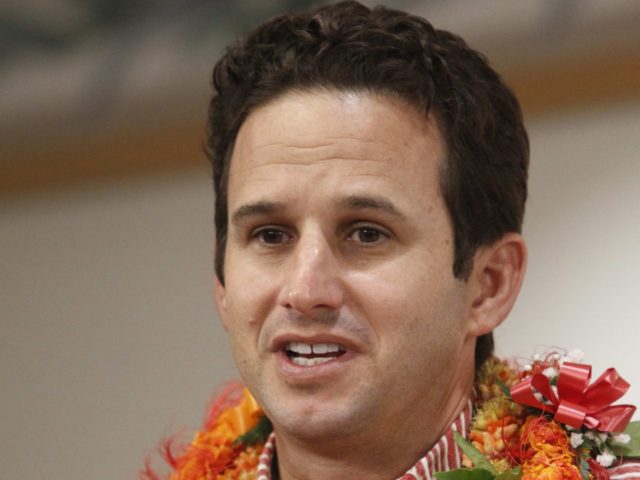Federal Communications Commission Chairman (FCC) Ajit Pai announced his plan Wednesday to reverse the “Net Neutrality” rules adopted under President Barack Obama. And Democrats, and Silicon Valley activists, are already preparing to fight the change.
Sen. Brian Schatz (D-HI), the ranking Democrat on the Senate Commerce Subcommittee on Communications Technology, Innovation, and the Internet, told TechCrunch that those “who want the internet free and open are outraged that they’re undoing these basic protections.”
But critics would say the Internet was free and open before Net Neutrality, which is described as a solution in search of a problem that does not exist. The policy prevents Internet Service Providers (ISPs) from charging users different rates based on the amount of bandwidth they use. The idea was to prevent ISPs from blocking poor, low-paying consumers to service rich, high-paying ones — a problem that almost never arose.
Initially, former FCC Chairman Tom Wheeler seemed unreceptive to the idea. But then, in 2015, he forced through the new rules on a party-line vote. To the surprise — and shock — of many Net Neutrality proponents, the FCC decided to regulate the Internet under the provisions of Title II of the Communications Act of 1934, treating it like any other public utility. Moreover, early reports suggested that Net Neutrality had hurt investment in broadband infrastructure, because companies could no longer expect a return on their investment. That, ironically, meant less Internet access.
Schatz said that consumers could not trust ISPs to be fair. “The market will not fix this if you have monopolies and duopolies in terms of people’s practical access to providers. They’ll promise not to, but I’d say all the same why don’t we just enshrine it in a rule?”
In his opposition to Pai’s repeal effort, Schatz is likely to be supported by activists in Silicon Valley, where the Net Neutrality cause is very popular — more for its socialism than for any technological or economic benefit. (Indeed, the CEO of Tumblr famously struggled to explain on CNBC in 2015 what Net Neutrality was and why he supported it.) 800 startups signed a letter to Pai on Wednesday opposing his policy, arguing that they would not survive if big companies were allowed to block them from access to the Internet.

COMMENTS
Please let us know if you're having issues with commenting.